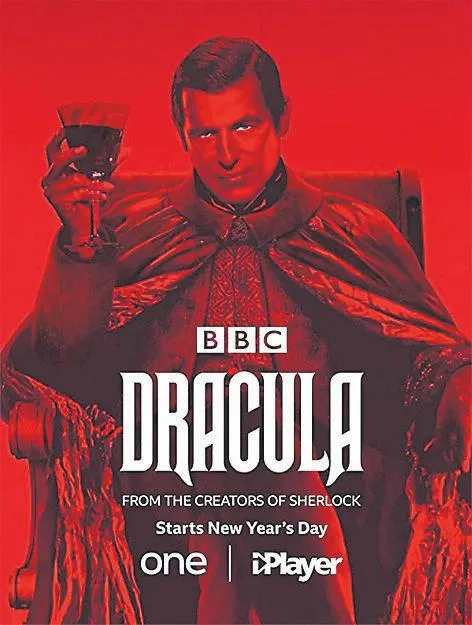‘The most Christian show on TV’ is how one reviewer described this latest production from Stephen Moffat (writer of Dr Who from 2005–2008) and Mark Gatiss (creators together of the wildly successful Sherlock).
It was much trailed over Christmas and ran through three 90-minute episodes, beginning on New Year’s Day, with an accompanying documentary about the history of Dracula productions. 1 January might seem aeons past when you read this, but Dracula is still there on iPlayer and, if you can’t be bothered to watch it, you’ll see similar patterns and ideas in many contemporary TV crime and period dramas.
So, Dracula. Perhaps it was the obvious next step for this pair of writers – take a well-known and often retold 19th-century story and adapt it for the 21st century; play with our expectations of the genre; ham up the ridiculous elements and (of course) subvert sex and gender stereotypes. Reinventing a classic isn’t something new. To take elements that are familiar and twist them, even to include contemporary ideas, is what Shakespeare was doing back in the 16th century, after all. He didn’t invent his own stories, but took well-known ones and told them afresh. What this practice does highlight, then, is our current preoccupations, as well as some of the latent themes within the book.







Misogyny, rights & Rowling
It might have seemed as if the isolation of lockdown was making people mad last month when the stars of …